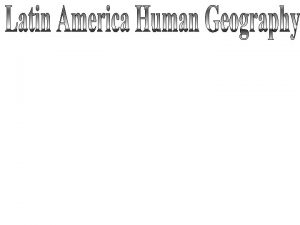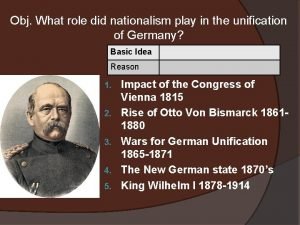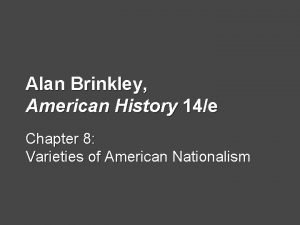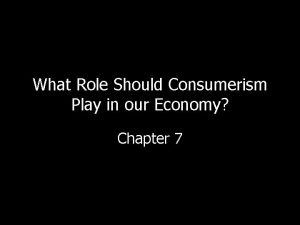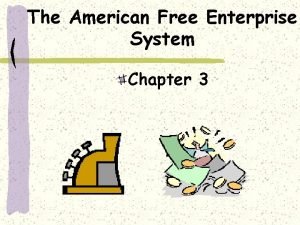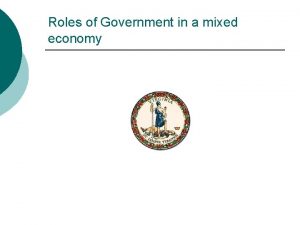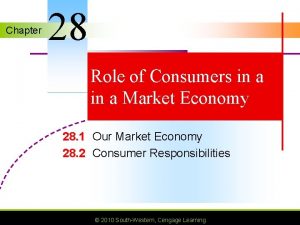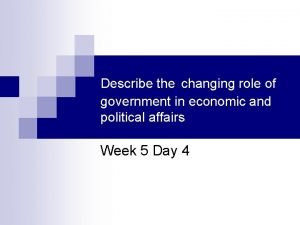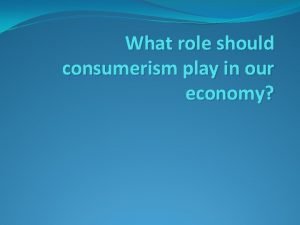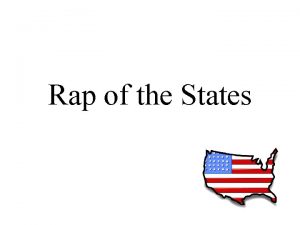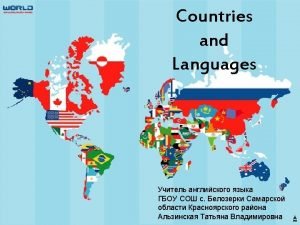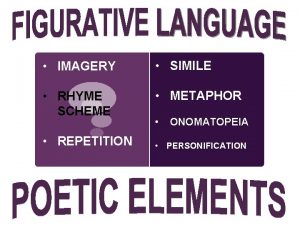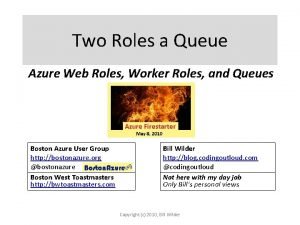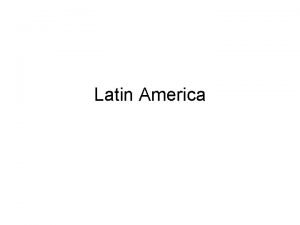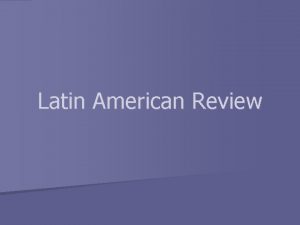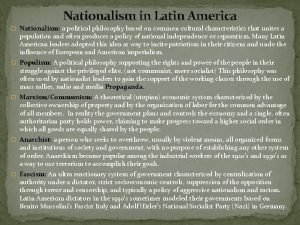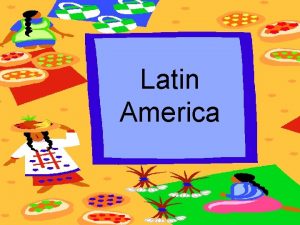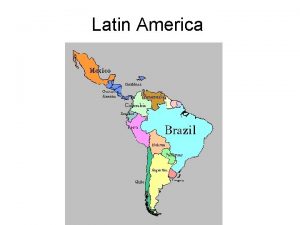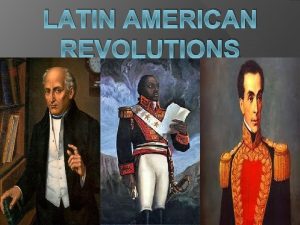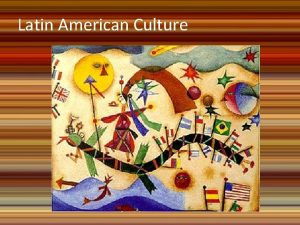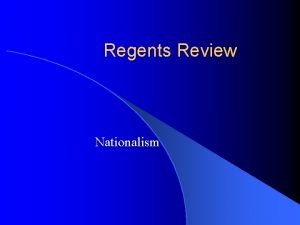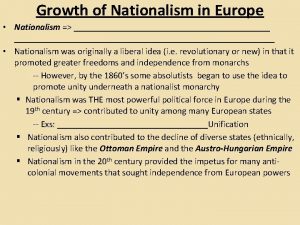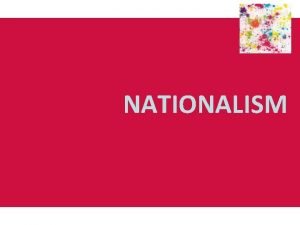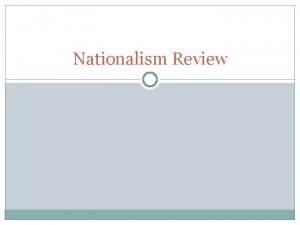Nationalism in Latin America Latin American Economy Role
















- Slides: 16

Nationalism in Latin America

Latin American Economy

Role of the United States § In the early 20 th century, Latin American economies were based on exports of foodstuffs and raw materials § In the 1920 s, the United States replaced Britain as the major investor in Latin America § US investors put money directly into production facilities and ran the companies § As nations became independent, their economies still relied on wealthier nations

Role of the United States § Many Latin Americans began to resent US control of Latin American industries § This resentment increased nationalistic feelings § For ex: US oil companies had close ties to the dictator Juan Vicente Gómez § In 1933, Franklin D. Roosevelt announced the Good Neighbor Policy, which rejected the use of US military force in Latin America § Withdrew last US troops from Haiti in 1934

Impact of Great Depression § Weak US and European economies meant there was less demand for Latin American exports § Total value of Latin American exports dropped 50% from 1925 to 1930 § Positive effect: as exports declined, Latin American countries no longer had the revenue to buy manufactured goods from abroad, so they developed industries within the nations to produce those goods § Government had to invest in these new industries, which lead to government-run steel industries in Chile and Brazil and oil industries in Mexico and Argentina

Authoritarian Rule

Argentina § Controlled by an oligarchy (government run by a select group of people) of wealthy landowners § Ignored the growing middle class, which reacted by forming the Radical Party in 1890, led by Hipólito Irigoyen § Irigoyen was elected president in 1916, but the party feared industrial workers who were using strikes to improve their conditions § Party grew closer to landowners and became corrupt

Argentina § 1930 Argentine army overthrew Irigoyen and reestablished the oligarchy § During WWII, some military officers formed the Group of United Officers (GUO) and overthrew the government in 1943 § Established Juan Perón as president

Brazil § 1889 army overthrew the Brazilian monarchy and established a republic § Controlled by elite landowners of large coffee plantations § Great Depression destroyed the coffee industry; by 1929, coffee prices hit an all -time low § 1930 a military coup made Getúlio Vargas president of Brazil § Ruled from 1930 -1945 § Established an 8 -hour workday and a minimum wage

Brazil § In 1937, Vargas made himself a dictator and in 1938, established a new state § Political parties were outlawed and civil rights were restricted § Vargas tried to stimulate the economy by establishing a Brazilian steel industry and set up a company to explore for oil § In 1945, the army, fearing that Vargas might prolong his rule illegally, forced him to resign

Mexico § Mexican Revolution of the early 20 th century was the first attempt to overturn the system of large landed estates and raise the standard of living for everyone § Government was democratic in form, but the main party, the Institutional Revolutionary Party (IRP), controlled the major groups within Mexico § IRP chose the candidates and the public would dutifully elect them

Mexico § Lázaro Cárdenas became president in 1934 and began changes § Distributed 44 million acres of land to landless Mexican peasants § He seized control of the oil fields and the property of the foreignowned oil companies in an attempt to rid Mexico of US influence § Eventually Mexico paid the oil companies for their property and set up PEMEX, a national oil company to run the oil industry § At first, PEMEX did not do well, with exports falling § PEMEX remained a sign of Mexican independence to the people

Culture in Latin America § In major cities, such as Buenos Aires, Argentina and São Paulo, Brazil, wealthy elite expressed interest in the works of modern artists § Artists went abroad and brought back modern techniques and blended them with their roots § Roberto Matta and Carlos Merida created abstract art § Diego Rivera of Mexico used his work to promote a nationalistic spirit § Rivera wanted to create a national art that would portray Mexico’s past, festivals, and folk customs § Rivera’s work was considered controversial in the US § Rockefeller hired Rivera to paint a mural at Rockefeller Center, but destroyed it when Rivera included a picture of Lenin



 Why is latin america called latin america
Why is latin america called latin america Largest economy in latin america
Largest economy in latin america What role did nationalism play
What role did nationalism play Chapter 8 varieties of american nationalism
Chapter 8 varieties of american nationalism Athenian economy vs sparta economy
Athenian economy vs sparta economy What role should consumerism play in our economy?
What role should consumerism play in our economy? How are conflicts among economic goals resolved?
How are conflicts among economic goals resolved? What is the role of the government in a mixed economy
What is the role of the government in a mixed economy Chapter 28 role of consumers in a market economy
Chapter 28 role of consumers in a market economy Changing role of government in the economy
Changing role of government in the economy What role should consumerism play in our economy
What role should consumerism play in our economy Rights and responsibilities
Rights and responsibilities America america you mean the world to me
America america you mean the world to me Asia europe north america
Asia europe north america Repetition in let america be america again
Repetition in let america be america again Happening e performance
Happening e performance What is web role and worker role in azure
What is web role and worker role in azure

